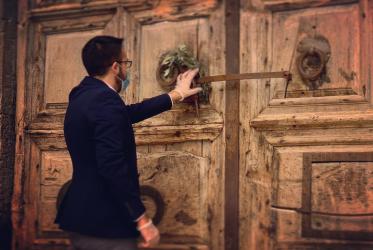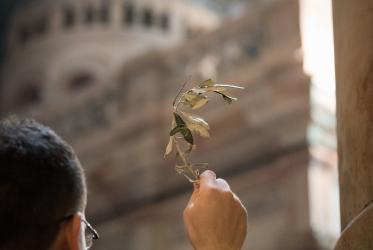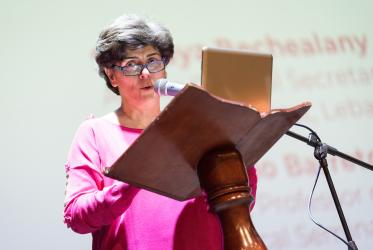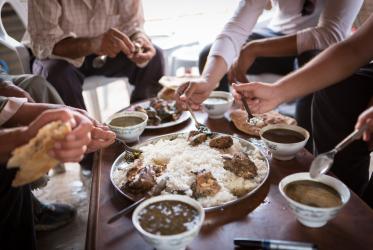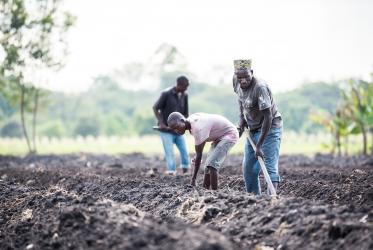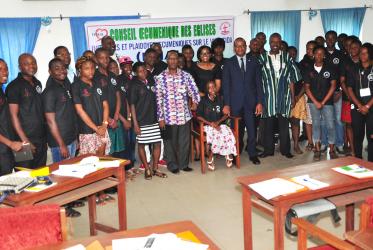Displaying 1 - 12 of 12
Jerusalem churches send Easter message of Hope
16 April 2020
Knowledge of gender roles deepens in Togo
03 June 2019
Pilgrimage of justice and peace gives vision for WCC programmes
22 November 2014


